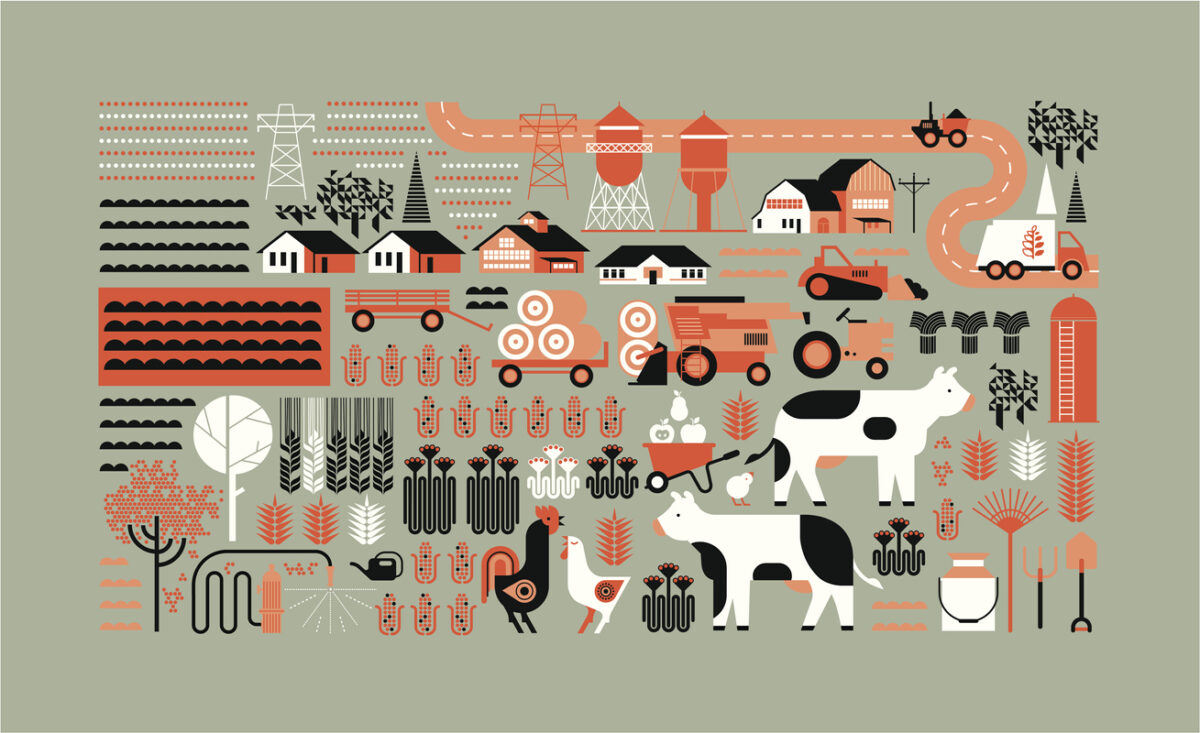The University of Nottingham launches the Food Systems Institute to study and improve the food landscape

Jack Bobo, Food Systems Institute Director. Picture courtesy of University of Nottingham
The University of Nottingham has announced it has launched the new Food Systems Institute (FSI) to research solutions to transform the current food system. The Institute will be led by Jack Bobo.
The Food System Institute will bring together researchers from across multiple disciplines and work with industry and policymakers to focus on all aspects of the food system, including production, consumption, sustainability, processing and transport. Initially, the Institute’s research themes will be concentrating on understanding and improving the community food landscape, addressing food insecurity and diet-related health issues, as well as advancing climate adaptation and developing Net Zero food systems.
The Food System Institute’s newly appointed Director Jack Bobo previously worked as Chief Executive Officer at the food foresight company Futurity; Chief Communications Officer and Senior Vice-President for Global Policy at Interexon Corporation; and Senior Advisor for Global Food Policy at the US Department of State. His background includes international law, food and environmental policy and behavioural science. He joins the University of Nottingham from The Nature Conservancy (TNC), one of the world’s largest conservation organisations, where he led teams of policy professionals specialising in fisheries, agriculture and freshwater.
Bobo commented: “The establishment of the University of Nottingham Food Systems Institute comes at a critical moment. Food production has outstripped a growing global population, dramatically reducing hunger. However, that bounty has come with a cost, contributing to deforestation and biodiversity loss as well as rising obesity and diet-related chronic diseases. The food system is wildly complex and needs a more holistic, coordinated approach to these challenges.
“Our vision is to rethink how food is farmed, processed, transported and consumed and to develop new technological and economic models that drive positive change. By enabling transdisciplinary research, the Food Systems Institute will allow experts to share knowledge and insights and secure a future where sustainable food production feeds the world, preserves our natural resources and protects the delicate balance of our planet.”
Professor Zoe Wilson, Vice Chancellor for the Faculty of Science at the University of Nottingham, said of the appointment: “Mr Bobo is an esteemed thought leader whose devotion to food and agriculture research and knowledge transfer will benefit society and inspire generations to come. I am confident he will bring strong leadership and expertise to the Institute and to the university as we continue our work to invest in and grow initiatives that ensure the long-term viability of healthy and sustainable food systems.“
Andrew Salter, Professor of Nutritional Biochemistry at the university, added: “We are excited to add Mr Bobo’s leadership and vision to the university as we continue our work to contribute to more sustainable and healthy global food and agricultural systems.
“Building on the considerable investment made by the university in the Future Food Beacon, we will continue to use our growing research and education capacities, and outreach partnerships, to address the complex challenges we face in global food systems.”
The University of Nottingham said of newly launched FSI’s goals: “The Food Systems Institute will be a leader in interdisciplinary research, analysing vulnerabilities and risks to the food system such as climate change, extreme weather, geopolitics, war and supply chain disruption; helping enhance livelihoods across the value chain by improving economic mechanisms and low-cost technologies; and addressing food insecurity and related ill-health through better nutrition and balanced diets.”









